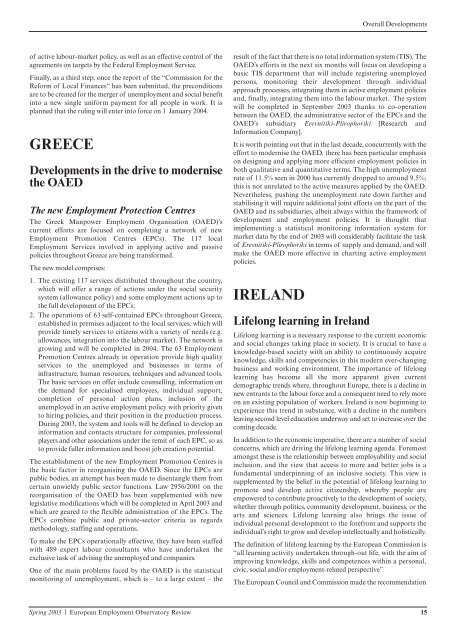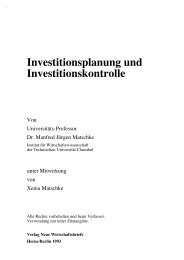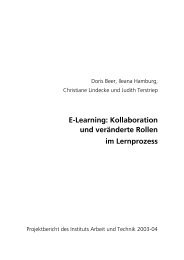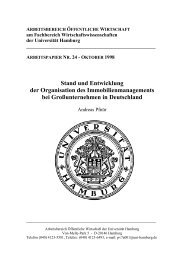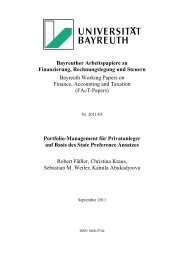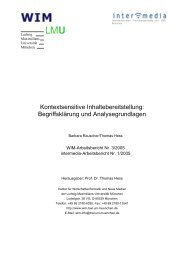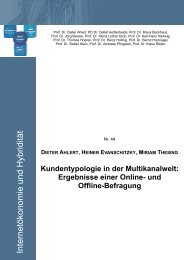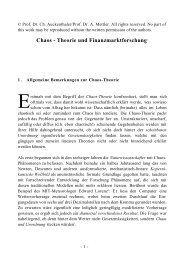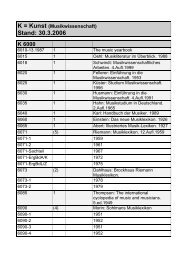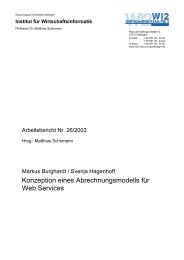FRANCE The
FRANCE The
FRANCE The
Create successful ePaper yourself
Turn your PDF publications into a flip-book with our unique Google optimized e-Paper software.
of active labour-market policy, as well as an effective control of the<br />
agreements on targets by the Federal Employment Service.<br />
Finally, as a third step, once the report of the “Commission for the<br />
Reform of Local Finances“ has been submitted, the preconditions<br />
are to be created for the merger of unemployment and social benefit<br />
into a new single uniform payment for all people in work. It is<br />
planned that the ruling will enter into force on 1 January 2004.<br />
GREECE<br />
Developments in the drive to modernise<br />
the OAED<br />
<strong>The</strong> new Employment Protection Centres<br />
<strong>The</strong> Greek Manpower Employment Organisation (OAED)’s<br />
current efforts are focused on completing a network of new<br />
Employment Promotion Centres (EPCs). <strong>The</strong> 117 local<br />
Employment Services involved in applying active and passive<br />
policies throughout Greece are being transformed.<br />
<strong>The</strong> new model comprises:<br />
1. <strong>The</strong> existing 117 services distributed throughout the country,<br />
which will offer a range of actions under the social security<br />
system (allowance policy) and some employment actions up to<br />
the full development of the EPCs;<br />
2. <strong>The</strong> operations of 63 self-contained EPCs throughout Greece,<br />
established in premises adjacent to the local services, which will<br />
provide timely services to citizens with a variety of needs (e.g.<br />
allowances, integration into the labour market). <strong>The</strong> network is<br />
growing and will be completed in 2004. <strong>The</strong> 63 Employment<br />
Promotion Centres already in operation provide high quality<br />
services to the unemployed and businesses in terms of<br />
infrastructure, human resources, techniques and advanced tools.<br />
<strong>The</strong> basic services on offer include counselling, information on<br />
the demand for specialised employees, individual support,<br />
completion of personal action plans, inclusion of the<br />
unemployed in an active employment policy with priority given<br />
to hiring policies, and their position in the production process.<br />
During 2003, the system and tools will be defined to develop an<br />
information and contacts structure for companies, professional<br />
players and other associations under the remit of each EPC, so as<br />
to provide fuller information and boost job creation potential.<br />
<strong>The</strong> establishment of the new Employment Promotion Centres is<br />
the basic factor in reorganising the OAED. Since the EPCs are<br />
public bodies, an attempt has been made to disentangle them from<br />
certain unwieldy public sector functions. Law 2956/2001 on the<br />
reorganisation of the OAED has been supplemented with new<br />
legislative modifications which will be completed in April 2003 and<br />
which are geared to the flexible administration of the EPCs. <strong>The</strong><br />
EPCs combine public and private-sector criteria as regards<br />
methodology, staffing and operations.<br />
To make the EPCs operationally effective, they have been staffed<br />
with 489 expert labour consultants who have undertaken the<br />
exclusive task of advising the unemployed and companies.<br />
One of the main problems faced by the OAED is the statistical<br />
monitoring of unemployment, which is – to a large extent – the<br />
Overall Developments<br />
result of the fact that there is no total information system (TIS). <strong>The</strong><br />
OAED’s efforts in the next six months will focus on developing a<br />
basic TIS department that will include registering unemployed<br />
persons, monitoring their development through individual<br />
approach processes, integrating them in active employment policies<br />
and, finally, integrating them into the labour market. <strong>The</strong> system<br />
will be completed in September 2003 thanks to co-operation<br />
between the OAED, the administrative sector of the EPCs and the<br />
OAED’s subsidiary Erevnitiki-Plirophoriki [Research and<br />
Information Company].<br />
It is worth pointing out that in the last decade, concurrently with the<br />
effort to modernise the OAED, there has been particular emphasis<br />
on designing and applying more efficient employment policies in<br />
both qualitative and quantitative terms. <strong>The</strong> high unemployment<br />
rate of 11.5% seen in 2000 has currently dropped to around 9.5%;<br />
this is not unrelated to the active measures applied by the OAED.<br />
Nevertheless, pushing the unemployment rate down further and<br />
stabilising it will require additional joint efforts on the part of the<br />
OAED and its subsidiaries, albeit always within the framework of<br />
development and employment policies. It is thought that<br />
implementing a statistical monitoring information system for<br />
market data by the end of 2003 will considerably facilitate the task<br />
of Erevnitiki-Plirophoriki in terms of supply and demand, and will<br />
make the OAED more effective in charting active employment<br />
policies.<br />
IRELAND<br />
Lifelong learning in Ireland<br />
Lifelong learning is a necessary response to the current economic<br />
and social changes taking place in society. It is crucial to have a<br />
knowledge-based society with an ability to continuously acquire<br />
knowledge, skills and competencies in this modern ever-changing<br />
business and working environment. <strong>The</strong> importance of lifelong<br />
learning has become all the more apparent given current<br />
demographic trends where, throughout Europe, there is a decline in<br />
new entrants to the labour force and a consequent need to rely more<br />
on an existing population of workers. Ireland is now beginning to<br />
experience this trend in substance, with a decline in the numbers<br />
leaving second level education underway and set to increase over the<br />
coming decade.<br />
In addition to the economic imperative, there are a number of social<br />
concerns, which are driving the lifelong learning agenda. Foremost<br />
amongst these is the relationship between employability and social<br />
inclusion, and the view that access to more and better jobs is a<br />
fundamental underpinning of an inclusive society. This view is<br />
supplemented by the belief in the potential of lifelong learning to<br />
promote and develop active citizenship, whereby people are<br />
empowered to contribute proactively to the development of society,<br />
whether through politics, community development, business, or the<br />
arts and sciences. Lifelong learning also brings the issue of<br />
individual personal development to the forefront and supports the<br />
individual’s right to grow and develop intellectually and holistically.<br />
<strong>The</strong> definition of lifelong learning by the European Commission is<br />
“all learning activity undertaken through-out life, with the aim of<br />
improving knowledge, skills and competences within a personal,<br />
civic, social and/or employment-related perspective”<br />
<strong>The</strong> European Council and Commission made the recommendation<br />
Spring 2003 | European Employment Observatory Review 15


